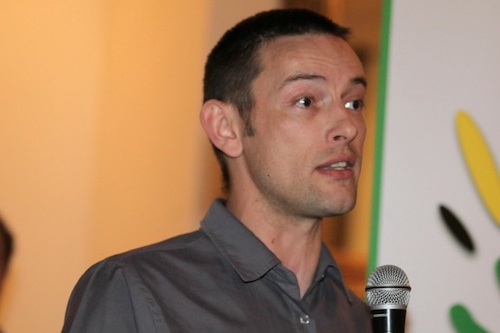The Independent Communications Authority of SA (Icasa) will hold hearings on 4 and 5 March to consider arguments from industry players on the so-called “e-rate” discount of 50% to schools and some tertiary institutions.
Icasa introduced the e-rate regulations several years ago as way of reducing schools’ cost of communication, but the regulations haven’t had their desired effect, as smaller Internet service providers haven’t been able to claim reduced rates from up-stream network suppliers.
Now Icasa is proposing a radical overhaul of the regulations that would force everyone in the communications value chain, including both service and network providers, to offer the 50% discount.
In terms of the regulations, all communications companies will be required to offer the e-rate to public schools, some independent schools as declared by the minister of communications in consultation with the ministers responsible for education, and public further education and training colleges.
In terms of the new rules, a telecommunications licensee who submits a request for a 50% discount from an up-stream provider must submit the list of schools that are benefiting to the latter entity. The up-stream licensee then has seven days to respond. If this licensee refuses to provide the discount, a dispute must be lodged with Icasa.
However, at least one industry player thinks there are better ways of providing cheaper, or even free, Internet access to schools than forcing commercial operators to provide discounts.
Ant Brooks (pictured), GM of the Internet Service Providers’ Association (Ispa), says the regulations are a bureaucratic nightmare waiting to happen.
He admits that the new regulations are an improvement for smaller service providers and are welcomed by some Ispa members. “Everyone in the chain will incur the loss, but at least [service providers] no longer have to subsidise Telkom,” Brooks says.
However, “the administration involved in keeping track of all this and proving to your suppliers that the services are going to be used for schools … seems like a lot of overhead to get what is a relatively small discount in the bigger picture”.
Brooks says he’d like the e-rate scrapped and replaced with direct funding for schools from funds like the one administered by the Universal Service & Access Agency of SA (Usaasa). Usaasa manages the Universal Service Fund, which draws contributions from telecoms operators.
“I think it would be better for some part of government or for Usaasa to give the schools money to buy the services commercially,” Brooks says.
“Then the schools won’t be tied to specific service providers,” he says. “They could pay whoever provides the best services to them. Why the Usaasa money can’t be given to schools to buy Internet access, I don’t know.”
Brooks says the e-rate regulations are well intentioned. “Are they practical? Not at all.”
Companies and organisations that will make presentations at the Icasa hearings include Ispa, MWeb, Vodacom, Telkom, MTN, Tenet, Neotel and Cell C. — Duncan McLeod, TechCentral
- Subscribe to our free daily newsletter
- Follow us on Twitter or on Facebook





